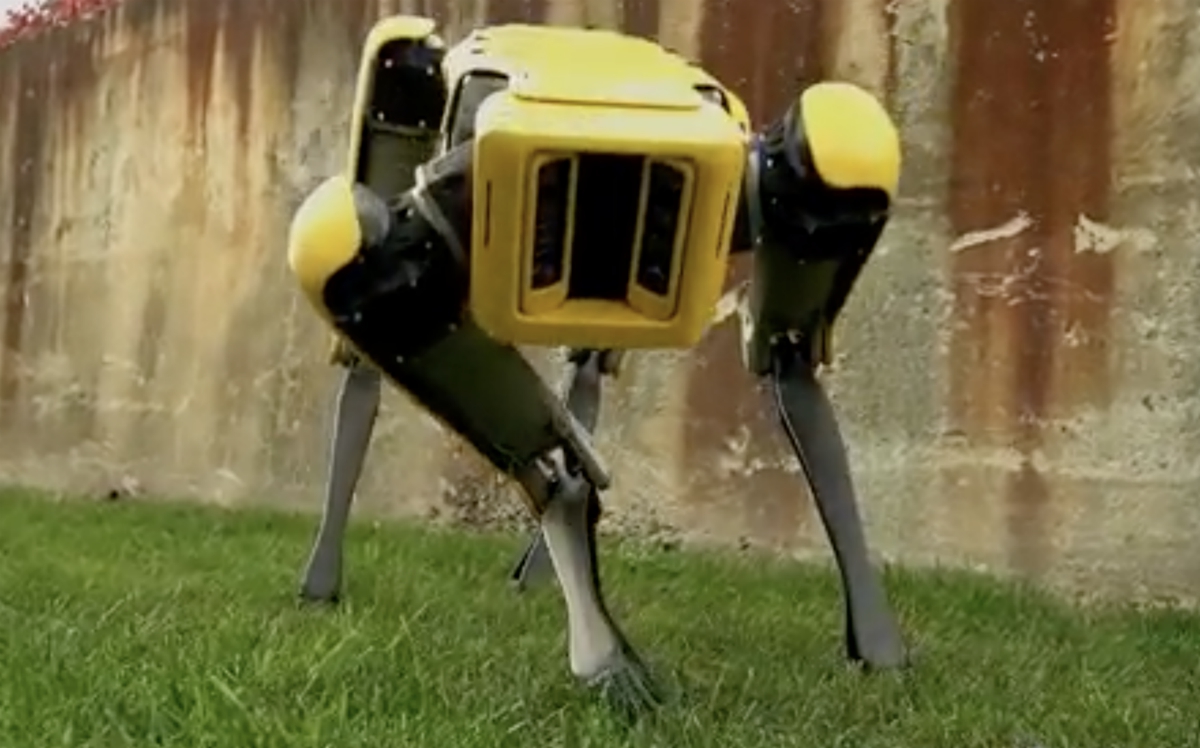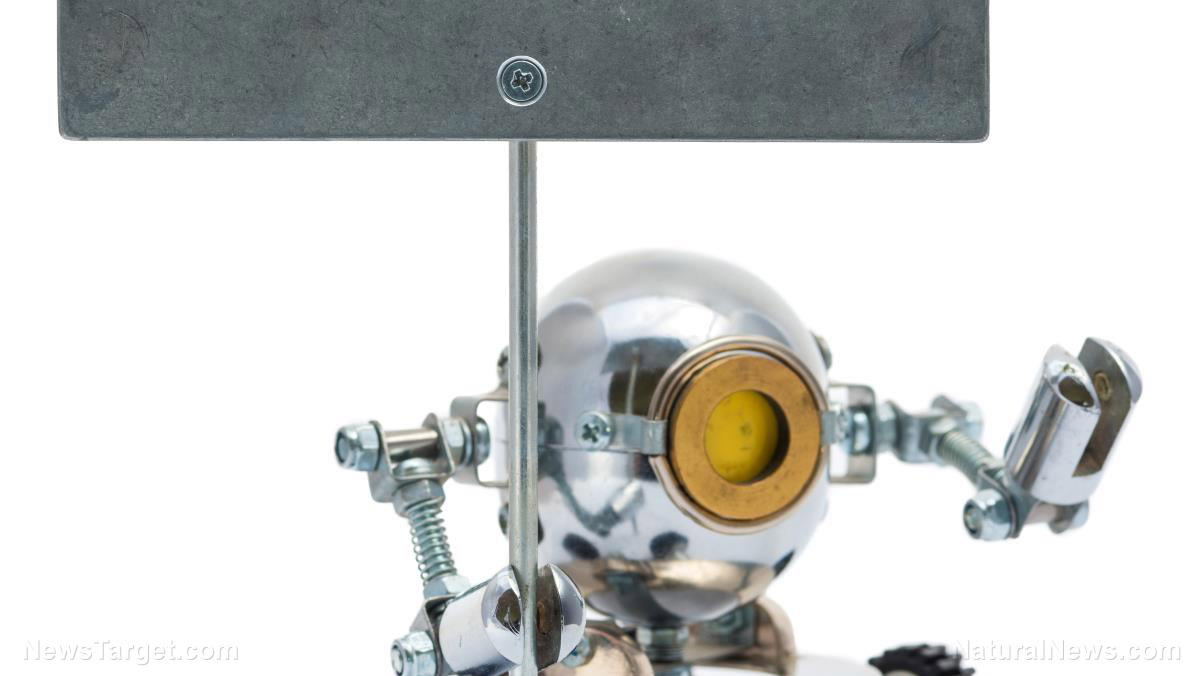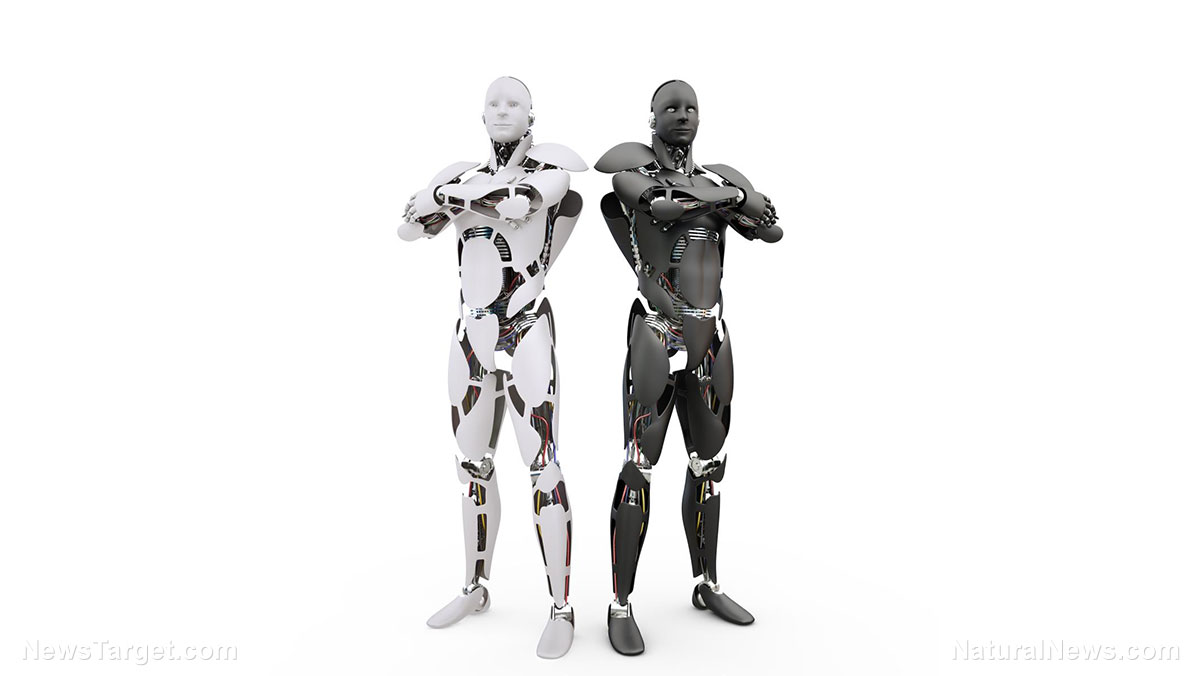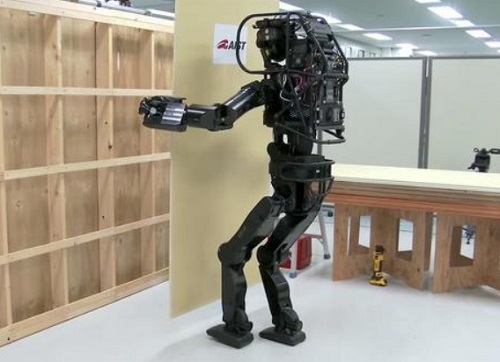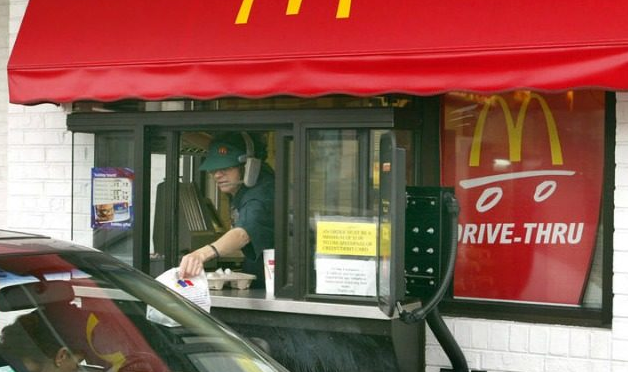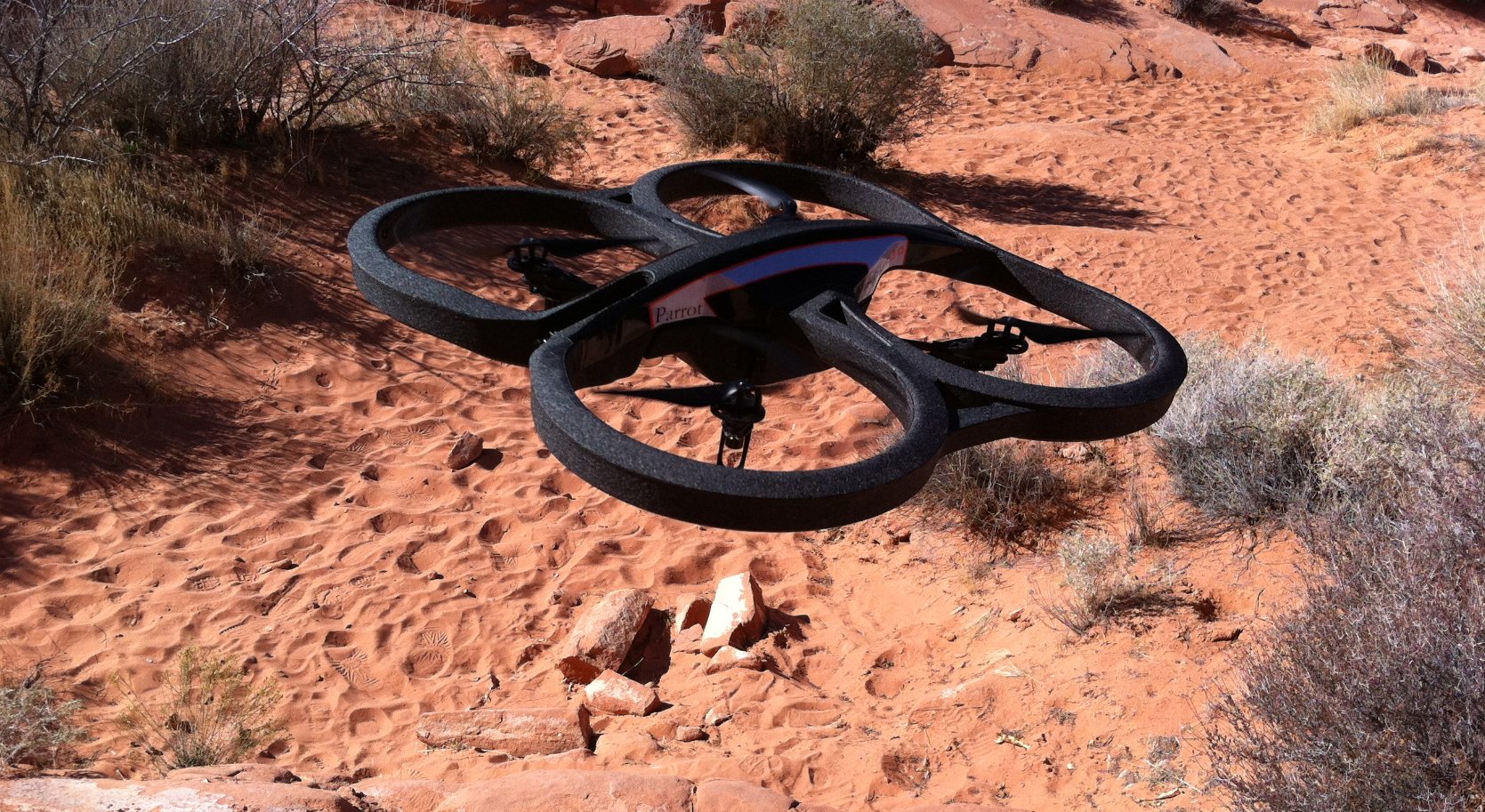Kroger opens FULLY AUTOMATED warehouse in Ohio, plans to open more in the future
03/14/2021 / By Arsenio Toledo
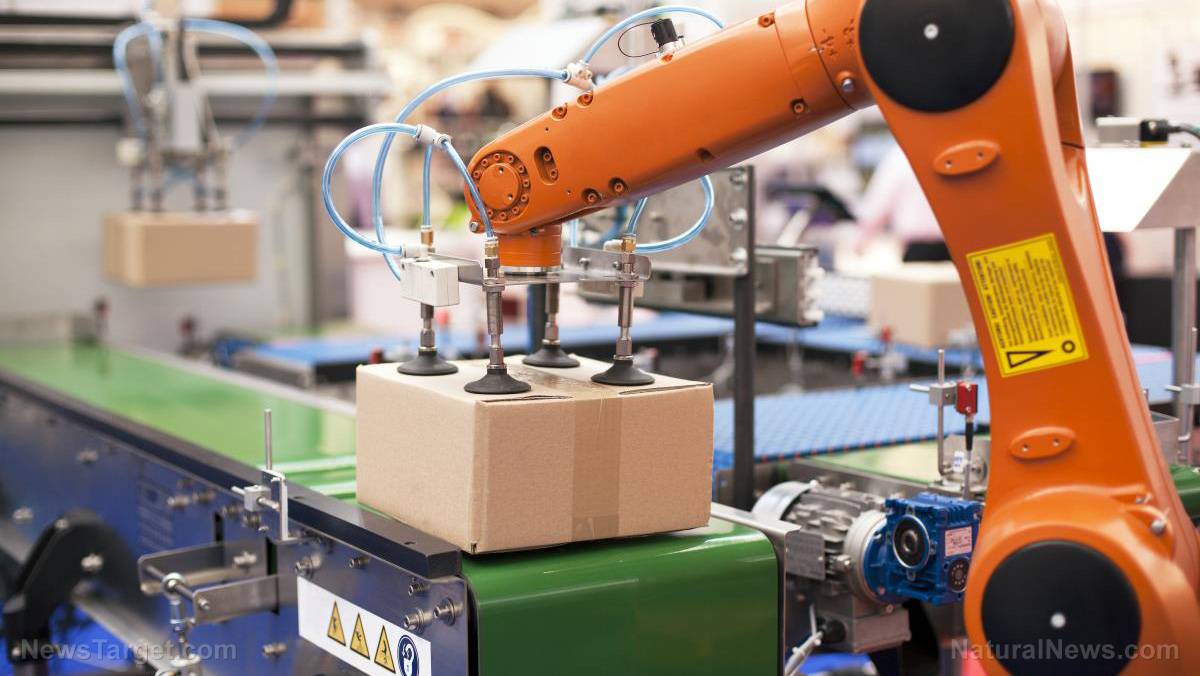
As the demand for product deliveries increased due to the Wuhan coronavirus (COVID-19) pandemic and as lockdowns prevented many from going to work, companies are resorting to using fully automated warehouses. This is what happened with supermarket chain Kroger, which just opened its first fully automated distribution center in Ohio.
Kroger, whose headquarter is based in Ohio, recently opened its new automated fulfillment center in the small town of Monroe, Butler County in Ohio’s southwestern region. The $55 million warehouse is 335,000 square feet in size.
The “customer fulfillment center,” as Kroger calls the warehouse, features digital and robotic functions that allow the company to assemble an order of around 50 items within six minutes. Company executives pointed out that an order of similar quantity would take their human employees approximately 30 to 45 minutes to assemble since they have to physically pick up the items from various areas around the fulfillment center.
The fulfillment center is the first of around 20 planned fully automated warehouses and distribution facilities of similar size. While the new facility is fully automated, it is still expected to employ around 400 people. (Related: Coronavirus lockdown leads to increase in automation as employers turn to robots to keep their businesses running.)
In a conference call to discuss the company’s fourth-quarter earnings, Kroger said the fully automated fulfillment center completed its inaugural order on March 3.
“This marks the soft opening of the facility, and we look forward to our grand opening in early April,” said Rodney McMullen, Kroger’s chairman and chief executive officer, during the conference call.
“We continue to be excited about the elevated experience that this will bring our customers in the [Ohio, Kentucky and Indiana] tri-state area and across the country as we continue to open additional facilities.”
More automated warehouses to be built in near future
Kroger built the automated fulfillment center in partnership with Ocado Solutions, an international online grocery retailer based in the United Kingdom. The 19 other automated distribution facilities are also being built in cooperation with Ocado.
Ocado’s partnership with Kroger is part of the online retailer’s drive to create similar partnerships with other large retail corporations around the world. The company itself took charge in the process of designing Kroger’s new automated warehouse.
The automated fulfillment center significantly helps retailers cut down on costs due to the fewer employees required to maintain the site.
McMullen previously stated that his company’s partnership with Ocado would help “bring customers fresher food faster than ever before, accelerating our ability to provide anything, anytime, anywhere.”
He said in the earnings call that at least one more Kroger-Ocado fulfillment center would open this year, possibly more.
Kroger’s automation of its warehouse came as more American corporations look to automate their operations to prevent significant intrusions such as the coronavirus lockdowns from hindering their ability to remain at peak productivity, .
Instacart, the San Francisco-based mobile grocery delivery service, is already considering replacing its warehouse workers with robots to “streamline the process of ferrying items from stores into customers’ homes.”
Walmart is also proceeding with plans to scale up a number of its stores with modular warehouses, known as “local fulfillment centers,” which would be staffed with robots. The company said this would speed up the process of pickup and delivery, as well as improve customer convenience.
Alternative news website Zero Hedge reported that corporations realized that replacing workers with robots makes for more efficient and faster fulfillment centers. The website added that warehouse workers should consider finding a new line of work that would not be harmed by the “technological transformation” of the economy.
Find out the latest news regarding advances in automation and the loss of jobs that comes with it by reading the latest articles at Robotics.news.
Sources include:
Tagged Under: automation, badtech, coronavirus, coronavirus lockdown, covid-19, food supply, grocery stores, job automation, job loss, jobs, kroger, labor, Ocado, ohio, robotics, robots, technology, unemployment
RECENT NEWS & ARTICLES
COPYRIGHT © 2017 ROBOTICS.NEWS
All content posted on this site is protected under Free Speech. Robotics.News is not responsible for content written by contributing authors. The information on this site is provided for educational and entertainment purposes only. It is not intended as a substitute for professional advice of any kind. Robotics.News assumes no responsibility for the use or misuse of this material. All trademarks, registered trademarks and service marks mentioned on this site are the property of their respective owners.




